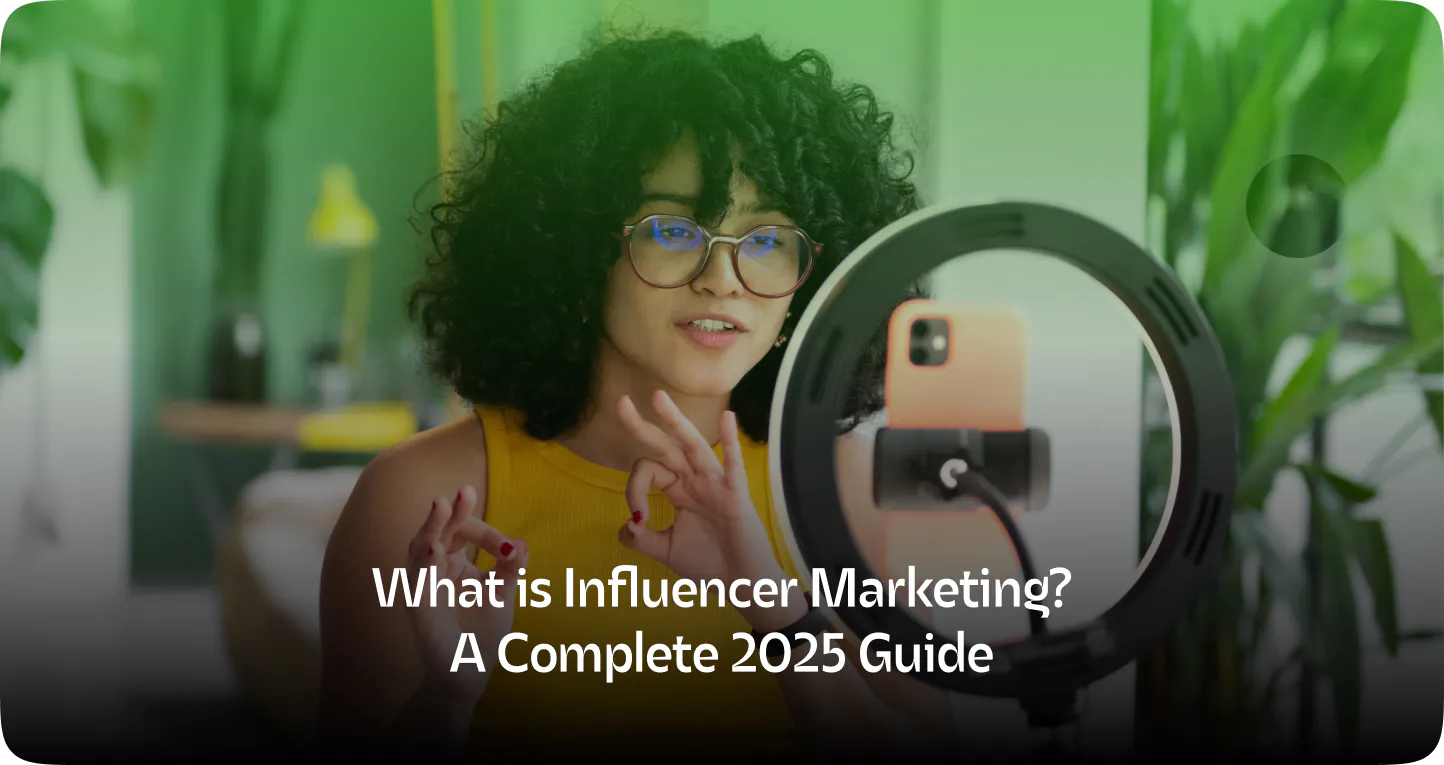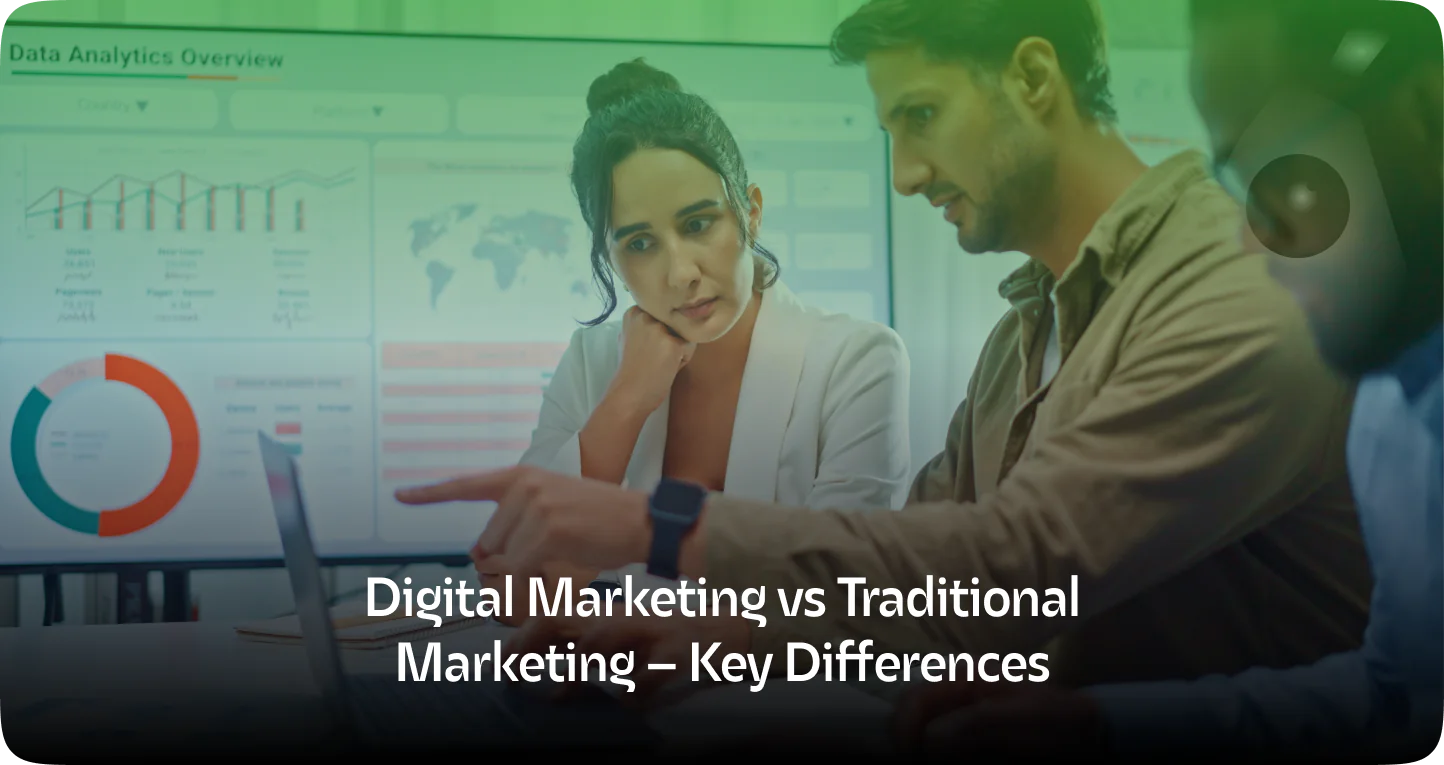Influencer marketing is a kind of digital advertising in which companies promote their goods or services by working with people who have a committed following on social media or another online platform. Because of their authority, expertise, or connection with their followers, these people, known as influencers, have the ability to influence the purchase choices of their audience. Knowing what influencer marketing is becomes crucial in the digital-first economy of today, when conventional advertising strategies are often less successful.
Through producing real material that appeals to customers, influencer marketing closes the distance between businesses and consumers. Whether it’s a YouTube product review, an Instagram story, or a TikHub unboxing, influencers provide a customised approach more approachable than commercial ads.
What is Influencer Marketing and Why Does It Matter?
Influencer marketing counts as it speaks to community, relatability, and trust. Today’s consumers are increasingly dubious of company messages and often trust suggestions from actual people over advertising. Often seen as more trustworthy, influencers provide that real-person viewpoint.
It also provides a stated return on investment. Companies that make influencer marketing investments usually find better brand awareness, greater conversion rates, and more interaction. Influencer marketing provides a customised road to properly target specific audiences in a time when attention is divided and competition is intense.
What is an Influencer Marketing Campaign?
An influencer marketing campaign is a planned effort wherein a business works with one or more influencers to reach certain marketing targets. These objectives might include direct sales to product awareness.
Usually, a good influencer marketing campaign moves methodically:
- Find out the intended result of the campaign.
- Choose influencers whose audience and work fit the brand.
- Create content together for blogs, videos, tales, or posts delivering the brand message.
- Share the material and measure reach, interaction, and conversions among other performance indicators.
- Review findings and adapt for next initiatives.
When a beauty firm introduces a new skincare line, for instance, they could collaborate with Instagram beauty influencers to provide lessons, product reviews, or morning ritual materials.
What is Influencer Marketing Strategy?
An influencer marketing strategy is a whole plan showing how a business will make use of influencer relationships to reach its marketing objectives. Using a planned strategy guarantees consistent, focused, results-oriented influencer marketing.
Important components of a successful approach consist in:
Researching the audience helps you to know where they consume material and your target group.
- Based on audience behaviour, choose one or more appropriate platforms.
- Clearly state your goals for influencer material and then let artistic license.
- Budgeting involves allocating resources efficiently for micro, macro, or celebrity influences.
- Defining KPIs including reach, engagement, conversion rates, and return on investment helps us understand performance.
- Companies must also be flexible. Changes in algorithm, audience behaviour, and market trends all help a solid influencer marketing plan develop.
What is an Influencer Marketing Platform?
An influencer marketing platform is a digital tool matching companies with influencers. These systems simplify the search, screening, and management of influencer connections, therefore enabling campaigns with scalability and efficiency.
Among the popular sites are:
- Aspire
- Upfluence
- GRIN
- CreatorIQ
- Influencity
These sites include contract administration, payment systems, performance metrics, campaign monitoring, and influencer search filters among other capabilities. An influencer marketing platform may transform your campaigns regardless of size—small company or worldwide brand.
What is Instagram Influencer Marketing?
Instagram influencer marketing is partnerships with influencers especially on Instagram. With more than a billion active users, Instagram continues to be a leading platform for brand promotion driven by influencers.
Posts, Reels, Stories, and IGTV are among the platforms Instagram influencers distribute sponsored content using. From fashion and beauty to fitness and travel, Instagram fits many different markets.
Key benefits of Instagram influencer marketing include:
- Visual Appeal: Great for showcasing product aesthetics.
- High Engagement: Features like polls, Q&A, and swipe-up links drive interaction.
- Diverse Influencer Tiers: From nano to mega influencers, there’s a partner for every budget.
Using Instagram analytics tools, brands can measure likes, saves, shares, comments, and website clicks to evaluate campaign performance.
Influencer Types and Their Roles
Usually depending on their following numbers, influencers are divided:
- Nano Influencers (1K–10K followers): High engagement, niche audience.
- Micro Influencers (10K–100K): Great for targeted campaigns.
- Macro Influencers (100K–1M followers): Higher reach, suitable for brand awareness.
- Mega/Celebrity Influencers (1M+ followers): Maximum exposure, premium pricing.
Every kind is important in different ways. While large and mega influencers increase awareness at scale, nano and micro influencers frequently promote more significant connections.
Benefits of Influencer Marketing
Influencer marketing’s advantages beyond awareness and reach to include
- Trust and Credibility: Influencers create lifelong bonds with their fans.
- Content Diversity: Companies might reinterpret material created by influencers.
- Enhanced SEO and Web Traffic: Backlinks and mentions have influence on natural ranks.
- Comparatively to conventional media, influencer marketing usually shows better return on investment.
- Real endorsements allow influencers to inspire followers to take action
Challenges in Influencer Marketing
Despite its advantages, influencer marketing comes with challenges:
- Fake Followers and Engagement: Some influencers inflate metrics, making vetting essential.
- Brand Misalignment: Poorly matched collaborations can hurt brand image.
- Compliance and Transparency: Disclosure of sponsored content is a legal requirement in many countries.
- Measuring ROI: Tracking effectiveness can be complex without the right tools.
Mitigating these challenges involves careful influencer selection, legal compliance, and using reliable analytics tools.
Future Trends in Influencer Marketing
As we move into 2025 and beyond, influencer marketing will continue to evolve:
- AI and Automation: Platforms will use AI to match brands and influencers more accurately.
- Long-Term Partnerships: Brands will move from one-off deals to ongoing relationships.
- Creator-Owned Brands: Influencers will increasingly launch their own products and services.
- Social Commerce Integration: Shopping directly within platforms like Instagram and TikTok.
- Enhanced Regulation: Stricter guidelines on transparency and disclosure.
Conclusion
Modern marketers trying to establish brand loyalty and really engage with customers must first understand what influencer marketing is. Brands can create powerful campaigns that really connect by developing a clear influencer marketing plan, using the correct channels, and matching with actual creators.
The secret is to give authenticity, relevance, and value first priority whether your research is on Instagram influencer marketing or what is influencer marketing. Influencer marketing is still a great weapon for those ready to commit in the art of significant influence as the digital terrain becomes more competitive.
FAQs
Influencer marketing is a strategy where brands collaborate with individuals who have a strong online following to promote products or services, leveraging their influence to build trust, reach new audiences, and drive engagement or sales.
The 3 R’s of influencer marketing are Relevance, Reach, and Resonance—ensuring the influencer aligns with the brand, has a significant audience size, and can authentically connect with that audience to inspire action.
Influencer marketing boosts brand visibility, builds credibility, and drives targeted traffic or sales. It’s especially effective for reaching niche audiences, enhancing engagement, and generating authentic content through trusted voices.












